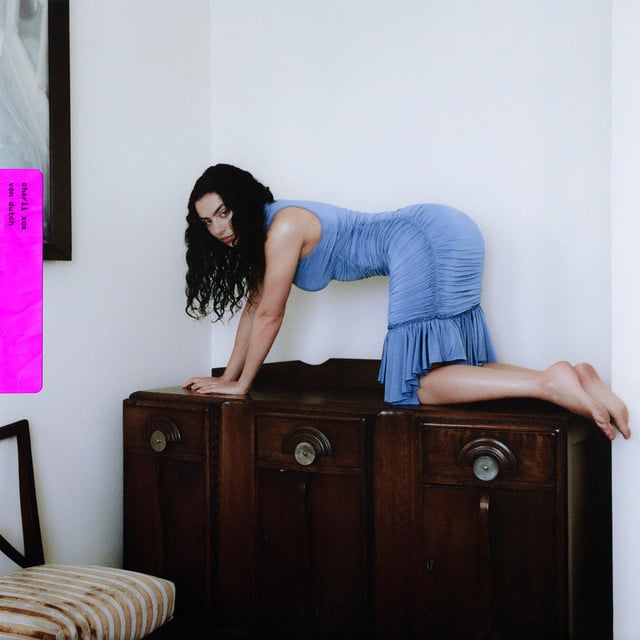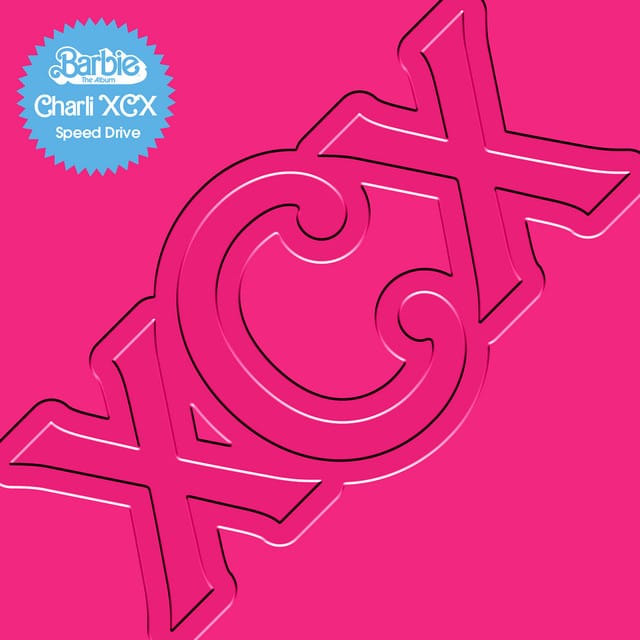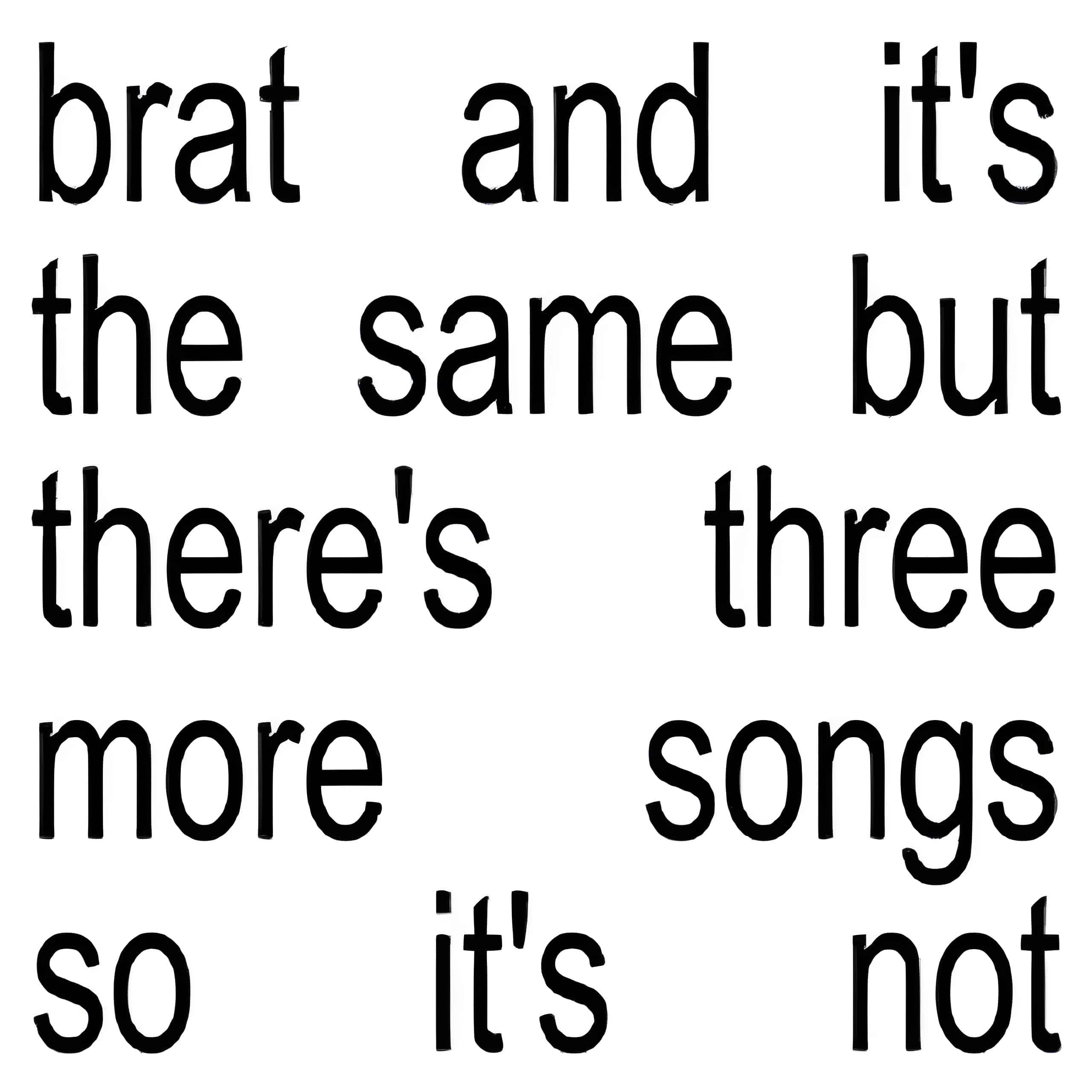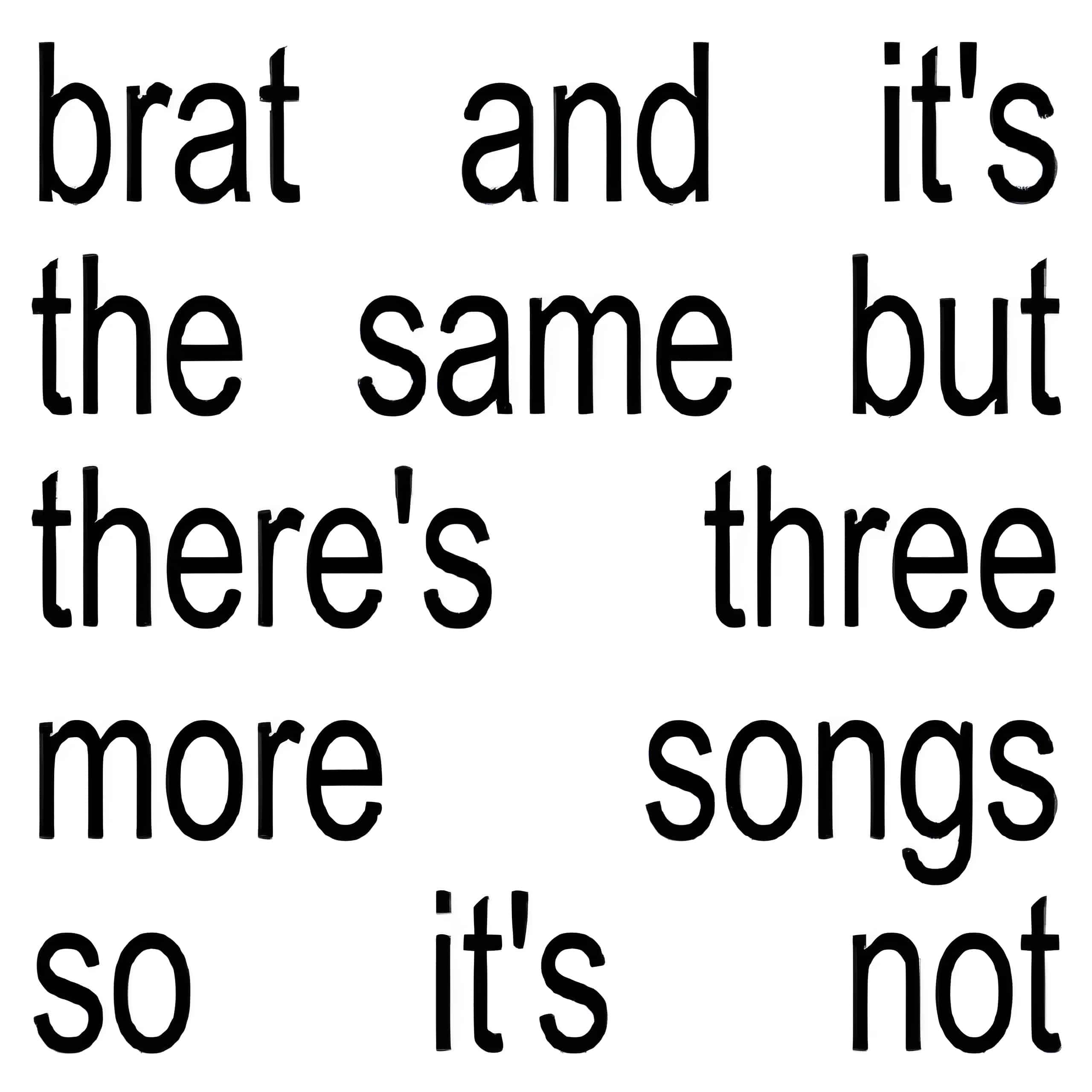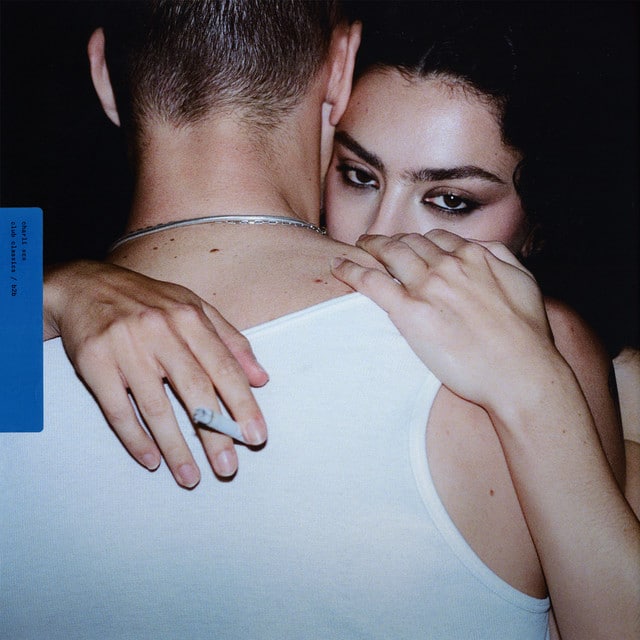Released: 2024
In “Von Dutch” by Charli XCX, we’re diving headfirst into a sea of high fidelity, self-affirmation, and the stinging zest of jealousy. She’s spinning a narrative that’s all too familiar in the hyper-visible world of pop culture: the bitter tang of envy that others feel towards those who’ve made it. Through her lyrics, Charli XCX is not just flexing her success; she’s dissecting the dynamics of fame, the relentless pursuit of status, and the fickle nature of public adoration, all with the backdrop of the iconic, albeit controversial, fashion brand Von Dutch.
The opening salvo, “It’s okay to just admit that you’re jealous of me,” isn’t just a line; it’s a declaration. Charli is directly addressing those who discount her success to sheer luck or unworthiness, asserting that their disdain is rooted in jealousy. “Yeah, I heard you talk about me, that’s the word on the street,” further cements this notion, portraying the incessant gossip and obsession that trails her. The repetition of “You’re obsessin’, just confess it, put your hands up” serves as both an admonition and an invitation to acknowledge their envy overtly, to “put your hands up” as if surrendering to the truth of their feelings.
When she delves into the chorus with “Von Dutch, cult classic but I still pop,” she’s pulling on multiple threads. Charli’s reference to Von Dutch, a brand synonymous with early 2000s pop culture, illustrates her own resilience and relevance in the music industry. Despite the brand’s fluctuating popularity, akin to the turbulent nature of public favor, she maintains her ‘pop.’ She’s using it metaphorically to highlight her staying power and continued success, “I get money, you get mad because the bank shut,” showcasing the financial stability and independence her fame has afforded her.
The lines “Why you lyin’? You won’t fuck unless he’s famous / Do that little dance, without it, you be nameless” speaks to the superficiality and transactional nature of relationships in the circles of fame. It’s a commentary on how some people leverage sexuality and performance for clout or to climb the social ladder, hinting at a deeper critique of how fame often dictates personal value and recognition.
Charli repeats “I’m your number one” like a mantra throughout the song, not just to emphasize her supremacy in her detractors’ minds but to underline the paradoxical relationship between celebrities and their critics. Even those who denounce her can’t help but fixate on her every move, making her, inescapably, their “number one.” This repetition isn’t just about asserting dominance; it’s about revealing the inherent power dynamics and the ironic adulation embedded in criticism and envy.
Ultimately, “Von Dutch” by Charli XCX is more than a pop anthem; it’s a clever dissection of fame, envy, and the human condition, wrapped in the glossy, vibrant packaging of pulsating beats and catchy hooks. By invoking the name “Von Dutch,” Charli draws a parallel between her career and the brand’s journey through cultural consciousness – once omnipresent, potentially overshadowed, but undeniably iconic and enduring. It’s a bold proclamation of her lasting impact on the music scene, a reminder that despite the waves of contenders and detractors, Charli XCX remains an uncontestable phenomenon, “just livin’ that life.”
